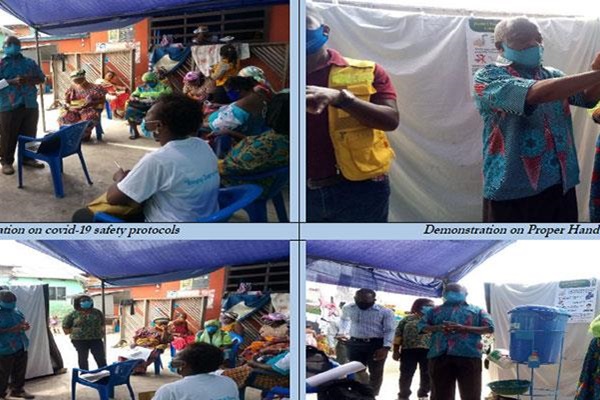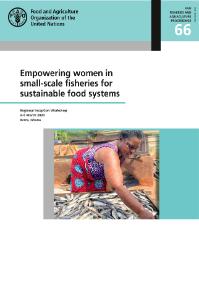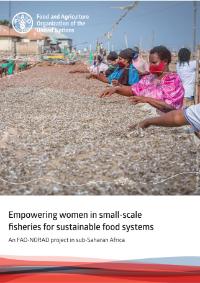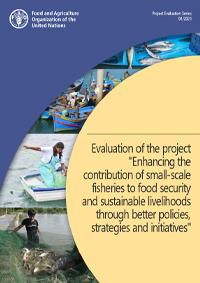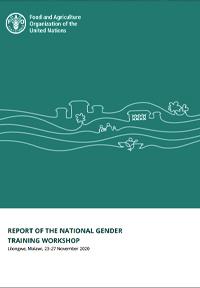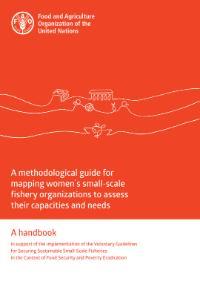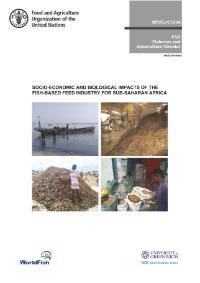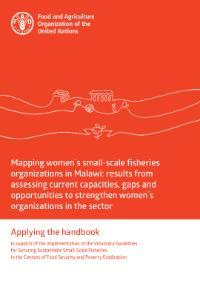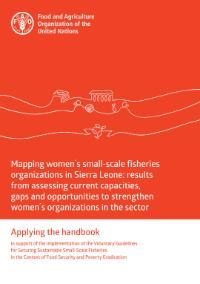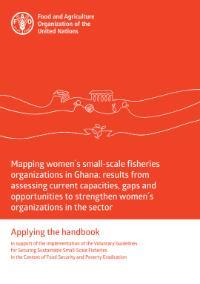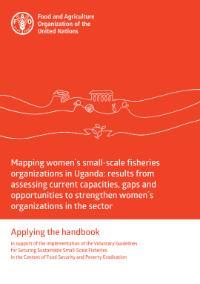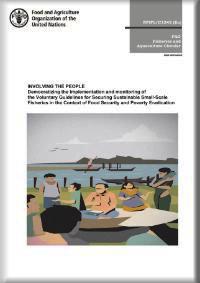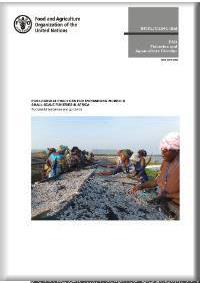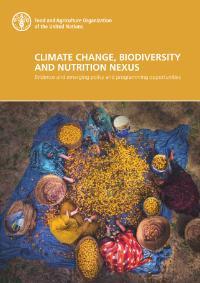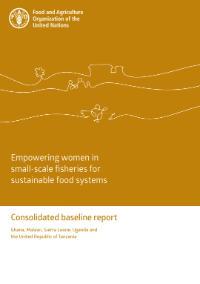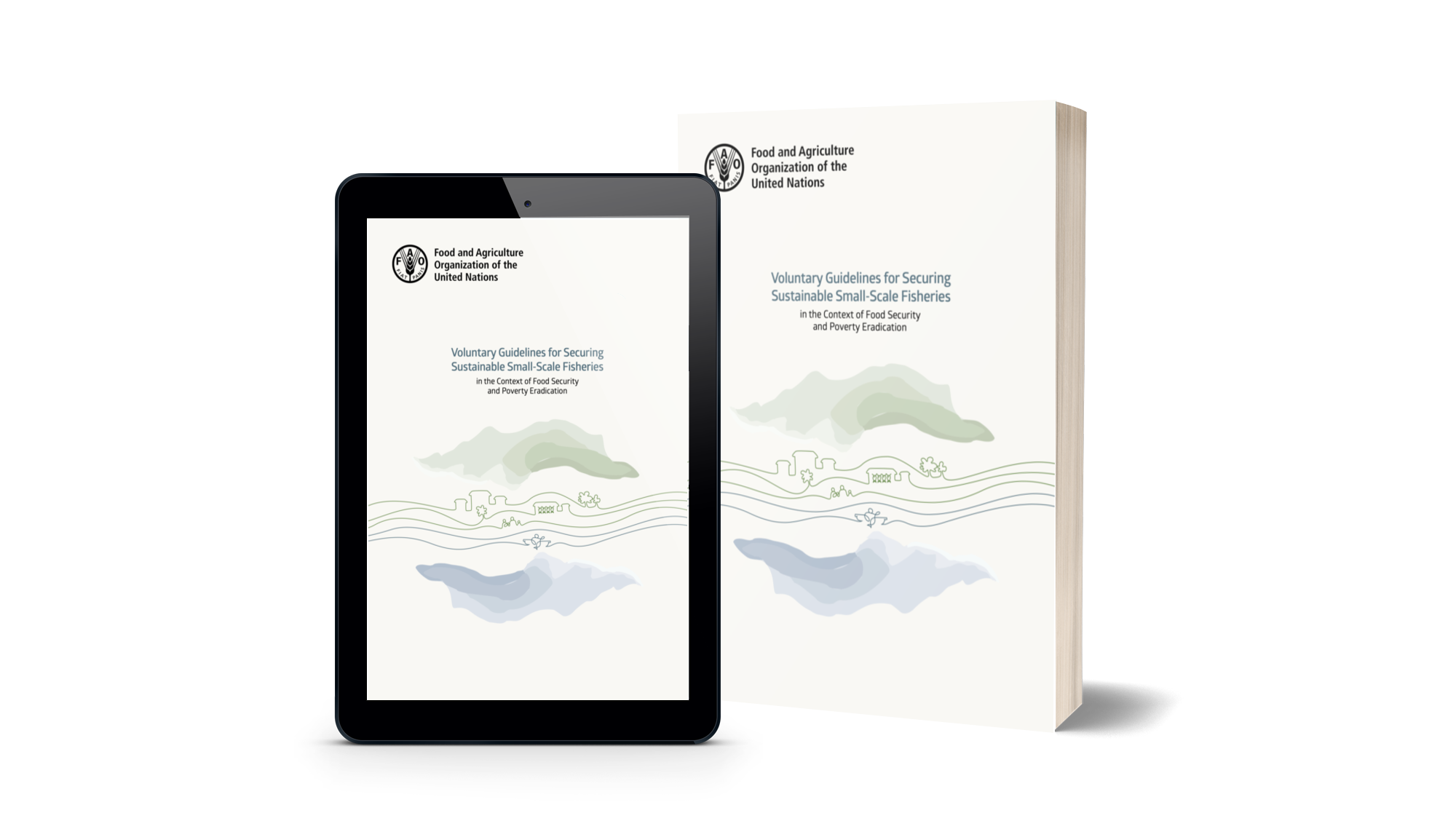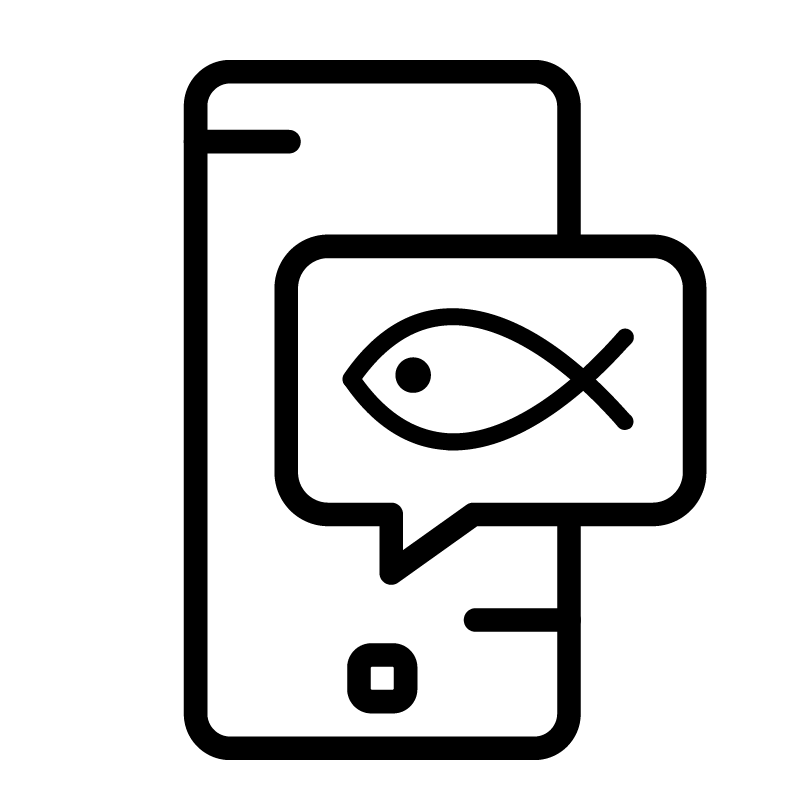In small-scale fisheries, women account for 40% of those employed along the value chain and engaged in subsistence activities. However, women’s work is often invisible, informal, and underrecognized, and they do not take part in decisions that shape their situation or impact the value chains in which they engage for livelihoods, food security, and nutrition.
Many women also have limited access to finance, technology that could make their work more efficient, and services such as education. As a result, they may have little choice but to accept unfavorable contracts or unfair conditions and practices in fish sales and markets (read more about the need for gender equality in small-scale fisheries here).
The majority of women in fisheries are involved in processing and marketing fish, referred to as post-harvest activities. The FAO-Norad project “Empowering Women in Small-Scale Fisheries for Sustainable Food Systems” therefore focused on empowering women in the post-harvest sector in five countries: Ghana, Uganda, Malawi, Sierra Leone and United Republic of Tanzania.
The Norwegian Agency for Development Cooperation (Norad) provided funding for the project in 2020–2021, with continued support under a new sub-programme of the FAO Flexible Multi-Partner Mechanism (FMM) entitled “Implementing the Small-Scale Fisheries Guidelines for gender equitable and climate resilient food systems and livelihoods” for 2021-2023, with activities developed also in Madagascar, Namibia, the Philippines, and Indonesia.
§8.4 SSF Guidelines
When women are empowered and have opportunities to earn and control income, their spending is more likely to benefit the household’s nutrition, health, and education. When considering the 'food systems' framework, one looks at the production, processing, distribution, marketing, and consumption of food, as well as the socioeconomic and environmental drivers and feedbacks from food system activities, including social and environmental welfare.
Building capacity and partnerships
The project helped individuals, SSF organizations, and cooperatives build and improve skills and capacity in their work, with a particular focus on meeting women’s needs. The project also raised awareness about the importance of eating fish for a nutritious and balanced diet, especially for children’s physical and cognitive development. In some of the target countries, this translated into strengthening people’s capacity to process safe fish products that could then be marketed or served in their communities.
§7.4 SSF Guidelines
Gather knowledge and learnings in one place
The project gathered valuable knowledge and data on how small-scale fisheries contribute to food security and nutrition in the five project countries. Similarly, the project mapped where SSF women’s groups work, both geographically and in terms of their roles and positions in fish value chains. The project utilized this information, in combination with the gender-transformative approach and subsequent gender action plans, to identify entry points for meeting women’s needs and gained a better understanding of underlying norms and drivers. For instance, women can be empowered by boosting their skills in decision-making and leadership or by joining or establishing organizations, networks, and platforms relevant to their needs and work. However, women’s participation is not enough—they also need to feel that their voices are heard.
All parties should avoid post-harvest losses and waste and seek ways to create value addition, building also on existing traditional and local cost-efficient technologies, local innovations and culturally appropriate technology transfers.
§7.5 SSF Guidelines
Related publications
Related news
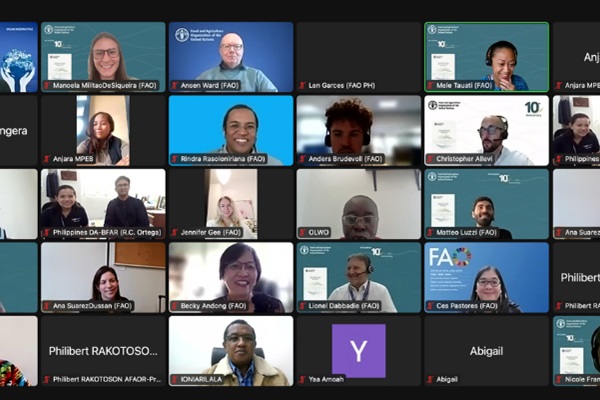
Virtual inception meeting on new project 'Implementing the Small-Scale Fisheries Guidelines for gender-equitable and climate-resilient food systems and livelihoods - Phase 2”
15/05/2024
A virtual inception meeting was held to bring together key project stakeholders and FAO colleagues from headquarters, regional and country offices to introduce and discuss the activities that will be developed during the new FAO project 'Implementing the Small-Scale Fisheries Guide...
